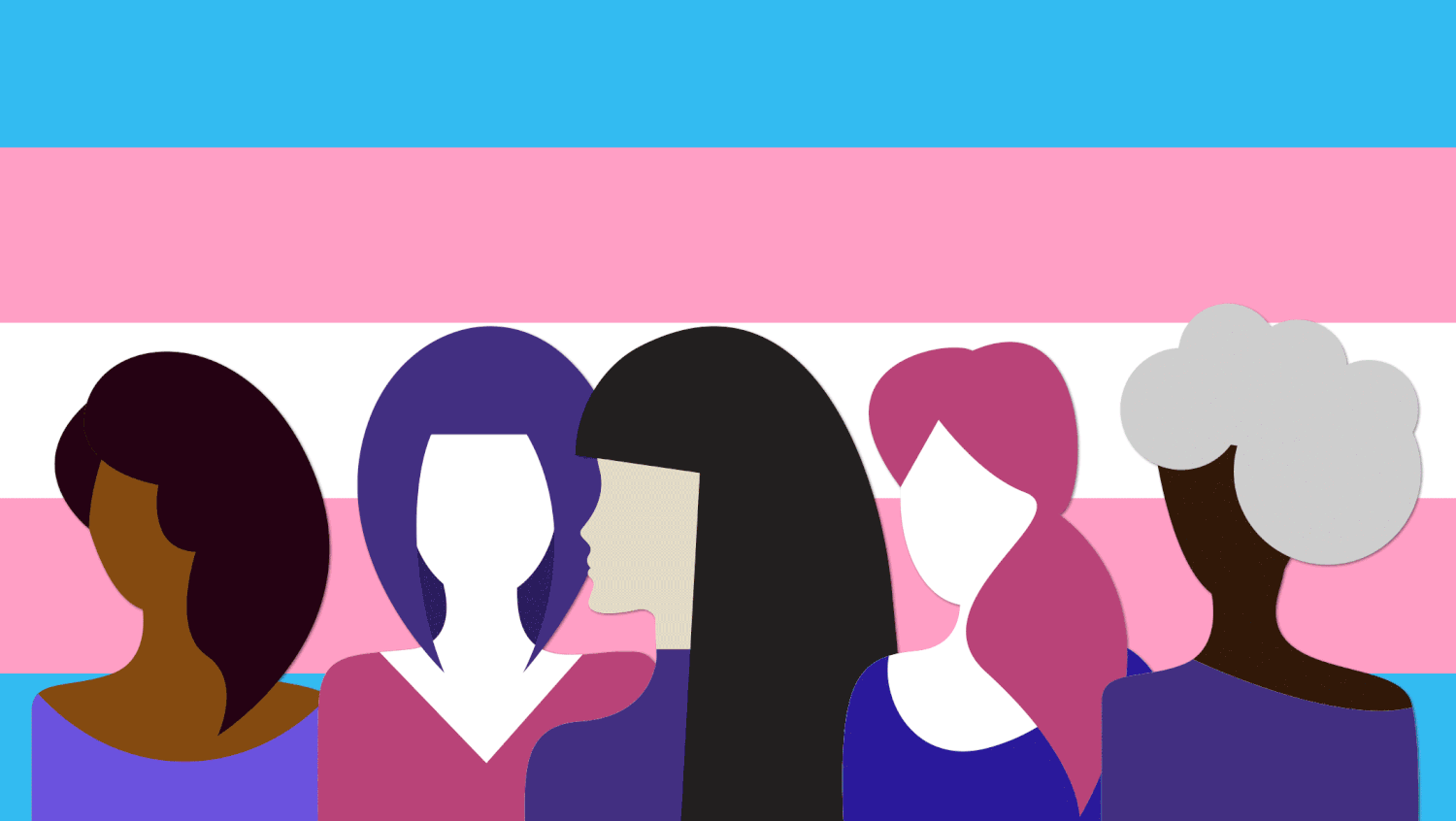
International Men’s Day: Signs Your Friend Could Be Struggling
Today is International Men’s Day, a day set to celebrate men around the world and raise awareness of men’s health and mental wellbeing.
Suicide still remains the biggest single killer of men under 45, and males are three times more likely to commit suicide than women, according to ONS data.
In 2021, over 600 Kiwis killed themselves, with a larger percentage of those being males.
With that being said, Dr Earim Chaudy, Medical Director of men’s health platform Manual has provided some signs to look out for if you suspect someone is suffering from depression, or other mental health conditions, which could be useful for a family member or friend in need.
1. Becoming withdrawnwithdrawn
Withdrawal is a strong indicator that someone could be depressed. People suffering from depression can lose interest in things that once excited them, and avoid friends and family, choosing to be alone. You might find it more difficult to get hold of them as they could be avoiding texts, phone calls, social occasions.
If you notice a friend, family member or work colleague becoming withdrawn, offer your support. Ask them if they want to talk, or even send a text or phone call to let them know that you are there for them.
2. Changes inin personality
Someone suffering from depression may not be acting like their normal selves. This can be through their actions or behaviours, such as cancelling plans or having little interest in doing things they used to enjoy. Their speech and communication may also change - you might notice they are speaking quicker or more slowly than usual, finding it difficult to communicate or focus on everyday tasks.
They might also become moody, or more easily irritated. Make sure to take notice of their personality changes, and offer your support if you think they’re struggling.
3. Self-destructive behaviourbehaviour
Sometimes people with depression can become reckless because they may no longer value their life. This can include reckless driving, abusing drugs or alcohol, engaging in unsafe sex, and not eating a proper diet.
If you notice any of these signs, it’s important to raise your concerns with the person as they might be in need of support. If you think their life could be in serious danger, make sure to seek emergency help by calling 999.
4. Changes inin sleeping patterns
If you notice someone suffering from insomnia, this could be a sign of depression. Those who struggle to sleep can sometimes have problems switching off, staying up for hours and then feeling fatigued the next day. On the other hand, the person might be oversleeping, or stay in bed throughout the day and not get up.
If you notice these kinds of changes, ask them if there’s any reason this might be happening and offer support - you can even suggest they visit their GP to seek professional help.
5. Threatening oror talking about suicide
Many people who think about suicide will often give a warning sign before they do so. This could be in the form of a joke, or even a threat. Whilst not everyone who talks about suicide will follow through with it, it’s important to question it. Every threat of suicide must be taken seriously.
If a notice threats from a friend or family member regarding suicide, make sure you talk to them, even if you think they are joking.
Further signs someonesomeone could be suicidal:
- Feeling guilt or shame
- Giving away personal items or belongings
- Saying goodbye to people
- Looking for ways to harm themselves or others
- Feeling like a burden to others
- Extreme mood swings
So what cancan you do to help those struggling?
Although it can feel hard to kōrero/talk about the tough stuff, it’s important that we can all have safe, open, honest and compassionate kōrero about suicide so our taiohi feel heard, supported and understood. If you have a trusting relationship with person in question and are in a good headspace to talk about suicide, then you might be the right person.
It’s important to talk about suicide in safe, supportive ways, no matter how challenging and emotional it may be.
Compassionate kōrero creates feelings of safety and allows us to be open and understanding with each other. Some people may find having kōrero about suicide in a compassionate way difficult, depending on your experiences or beliefs. It’s important to take some time to think about how you can have an open mind and listen.
If someone youyou care about is in crisis:
• Call your local mental health crisis assessment team
(numbers can be found at www.mentalhealth.org.nz/help),
or go with the person to the emergency department (ED) at
your nearest hospital.
• If they’re in immediate physical danger to themselves or
others, call 111 and stay with them until support arrives.
• Remove any obvious means of suicide they might use,
e.g., guns, medication, car keys, knives, rope.
• Try to stay calm and let the person know you care.
• Keep them talking: listen and ask questions without judging.
• Make sure you are safe.
If someone needsneeds extra support to help them through a tough time, or if you are seeking support because you are supporting somebody else:
• Need to talk? Free call or text 1737 any time for support
from a trained counsellor.
• Lifeline 0800 543 354 or free text HELP to 4357.
• Youthline 0800 376 633, free text 234, or webchat at
youthline.co.nz.
• Samaritans 0800 726 666.
• Tautoko 0508 828 865 (0508 TAUTOKO).
• 0800 WHAT’S UP? (0800 942 8787) or webchat at
whatsup.co.nz, for kids and teens.
Related Posts
The Single Woman’s Sexual SelfSelf Care Guide
A guide to exploring your sexuality while single
Dating in 2020: Bumble’s NZ Country Head talks Kiwi love in Lockdown
How lockdown effected our ability to get lucky
Transphobia: The growing cause of declining mental health
To the surprise of no one, transphobia is damaging to mental health
Breathing Not Broken: An Ode To Destigmatising Mental Illness
Rose Aroha on why we don't have to battle against mental health issues alone
Dove throws its #ArmsUp for Body Confidence Day
Dove celebrates confidence in latest campaign
Conversion Therapy: The overdue bill to protect young LGBTQA
New Zealand takes a stand against outdated conversation therapy







